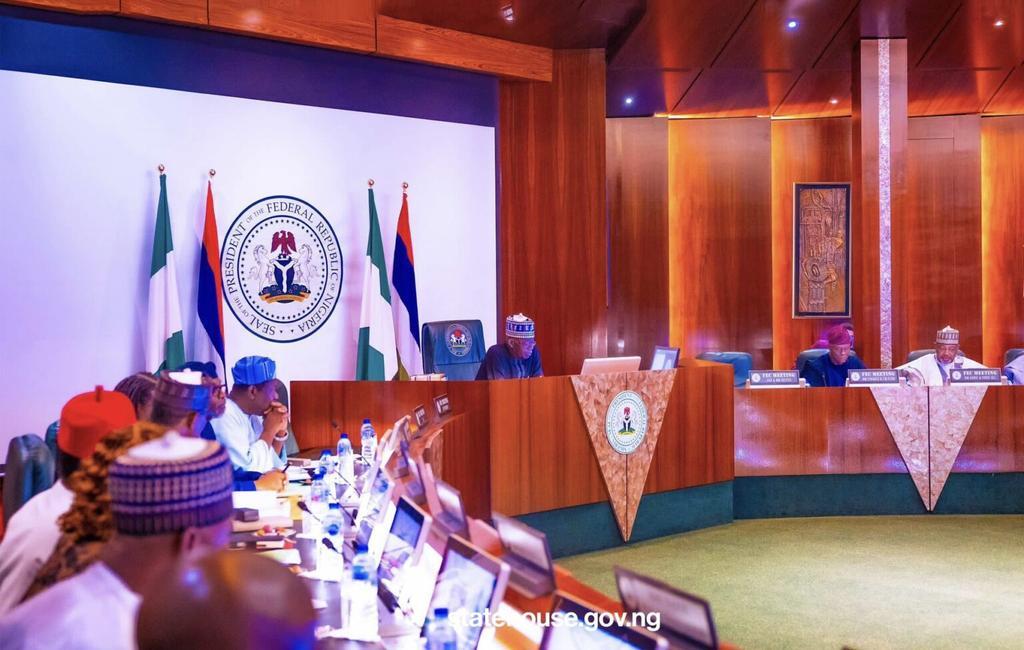The Federal Executive Council (FEC) has approved a new Nigeria First economic policy aimed at prioritizing the use of local manufactured goods and services in all government procurement processes, according to a 9am News report.
Minister of Information and National Orientation, Mohammed Idris, announced the decision on Monday following the FEC meeting held at the State House in Abuja. He disclosed that the policy would soon be formalized through an executive order.
“This policy means Nigeria comes first in all procurement processes; no foreign goods or devices that are already being produced locally will be procured without a clear and justified reason,” Idris said, emphasizing that the policy is designed to foster a bold and confident Nigerian business culture.
Shifting Government Spending Towards Local Industry
Idris highlighted that the Nigeria First policy seeks to reshape how the government spends money, procures resources, and builds the economy, ensuring local industries benefit directly from public sector investments.
“Going forward, Nigerian industry will take precedence in all procurement processes. Where local supply falls short, contracts will be structured to build capacity domestically,” he added. “Contractors will no longer serve as intermediaries sourcing foreign goods while local factories struggle to survive.”
The initiative is closely aligned with President Bola Ahmed Tinubu’s broader economic agenda to drive industrialisation, reduce dependency on imports, and boost local production across all sectors.
The FEC has mandated the Bureau of Public Procurement (BPP) to spearhead the implementation of this new policy through updated guidelines and compliance frameworks. Idris explained the key directives given to the BPP:
- Revise and enforce procurement guidelines that prioritize Nigerian-made goods and services.
- Establish a local content compliance framework for all government procurements.
- Maintain a register of high-quality Nigerian manufacturers and service providers regularly engaged by the Federal Government.
- Reorganize procurement officers from Ministries, Departments, and Agencies (MDAs), ensuring they are reverted to the BPP as a centralized oversight agency to streamline procurement practices without compromising efficiency.
Idris stressed that the Nigeria First policy is a strategic move to insulate the economy from global supply chain disruptions and nurture a more self-reliant industrial base.
“This is about investing in our people and our industries,” he said, reaffirming the government’s commitment to long-term economic growth and sustainable development.
Stay tuned to 9am News Nigeria for more Breaking News, Business News, Sports updates And Entertainment Gists.
















